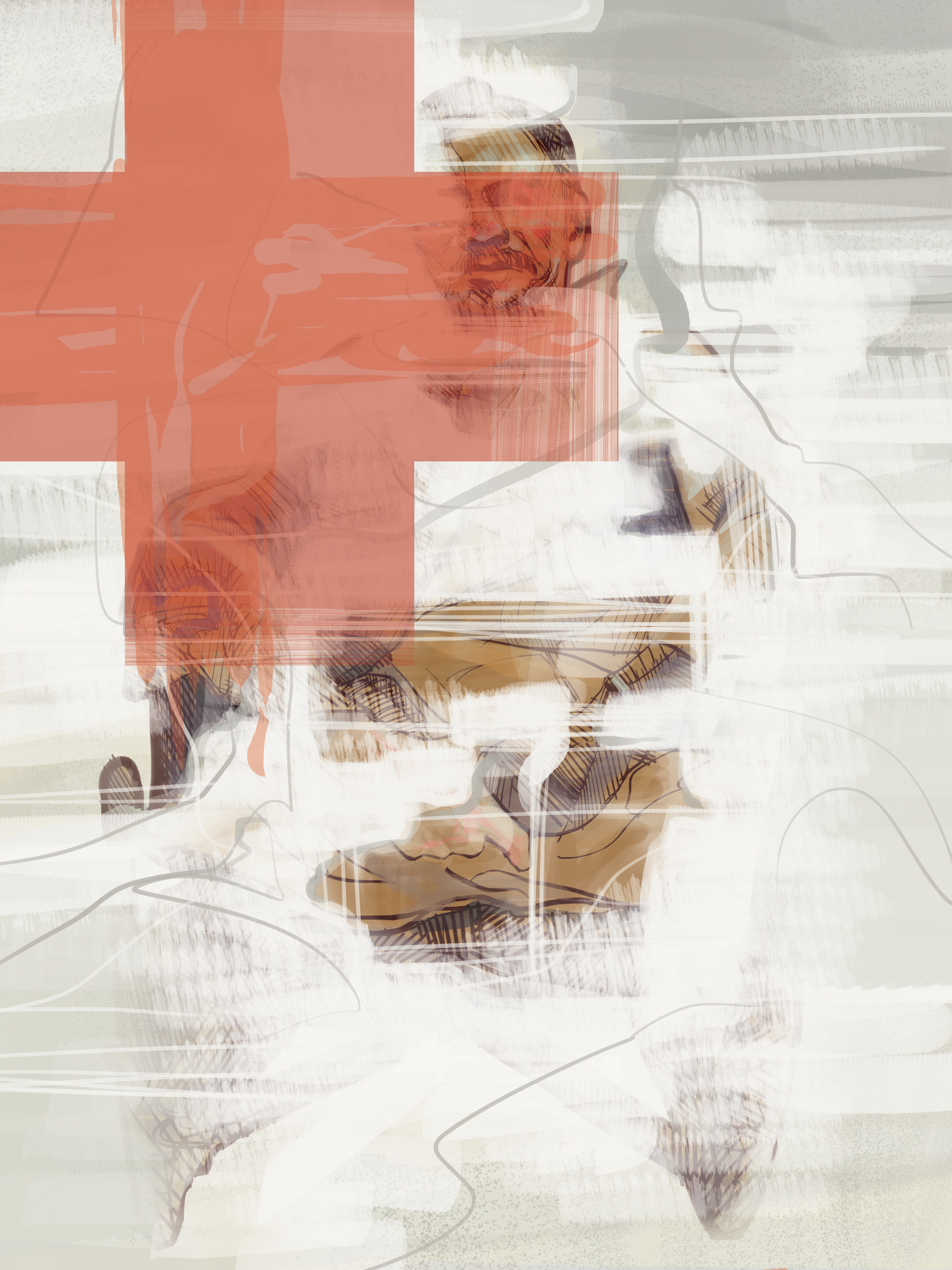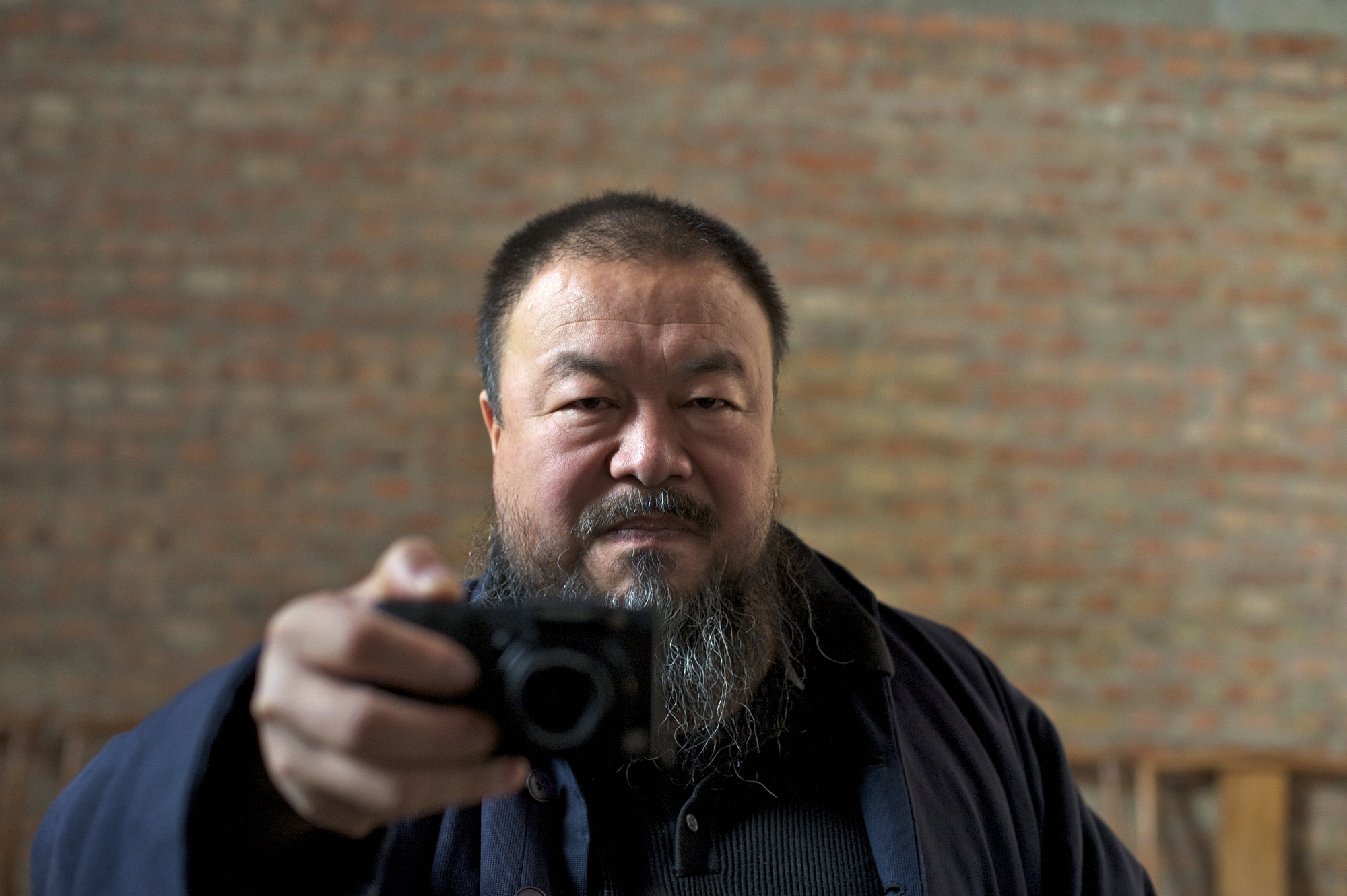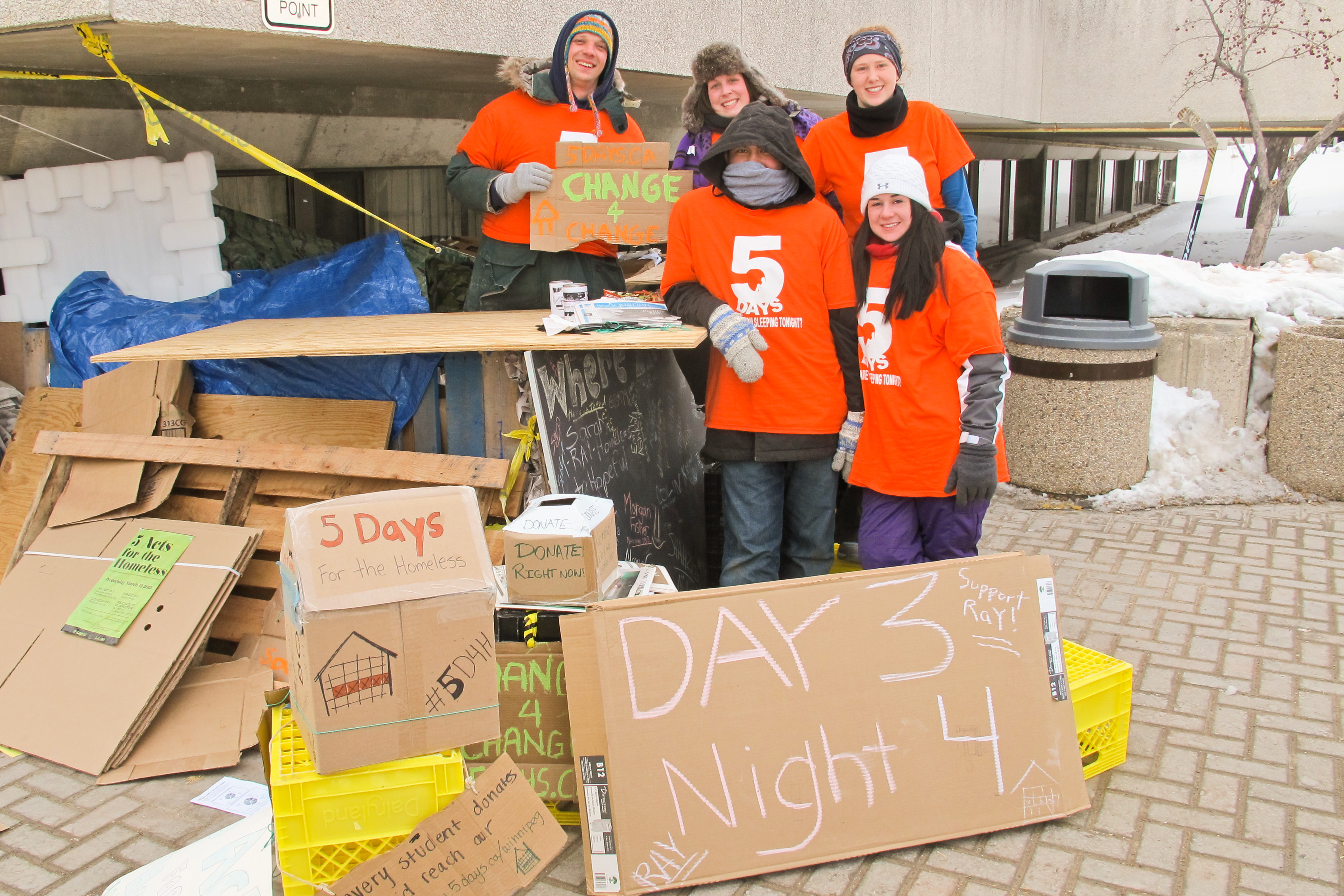The legal inquest into the death of Brian Sinclair—the man who died in a Winnipeg emergency room after 34 hours of waiting to be treated—will continue into its second phase without the participation of either the Sinclair family or the two Aboriginal service groups that had heretofore been party to the proceedings.
The announcement followed the proceedings of Jan. 10, where judge Timothy Preston outlined the parameters for phase two of the inquest. Phase two is tasked with determining what could be done to prevent similar incidents.
So far, the second phase has focused on “reasons for delays in treating patients presenting in emergency departments of the [Winnipeg Regional Health Authority (WRHA)]” and “measures necessary to reduce the delays in treating patients in emergency departments.”
The Sinclair family dropped out shortly after the commencement of phase two, explaining in a Feb. 18 letter to Preston their reasons for doing so. The letter cited disregard at the inquest for key issues underlying Sinclair’s death.
“According to the rulings of former chief judge Raymond Wyant [ . . . ] issues of race, poverty, disability, and other factors of marginalization were supposed to be front-and-centre at this inquest [ . . . ] it appears to the Sinclair Family that phase two will no longer allow the biases and attitudes that were at the root of Mr. Sinclair’s death to be fully understood, and will instead entrench the marginalization of Aboriginal voices,” said Sinclair family counsel in the letter.
Furthermore, as the letter makes clear, the Sinclair family is unhappy with the witnesses lined up for phase two.
“Phase two will exclude all but a token number of independent expert witnesses. For example, there will be only one single independent witness called to address Aboriginal health issues [ . . . ] In comparison, the inquest will call six WRHA witnesses and three Manitoba Nurses’ Union witnesses to speak about the issues that interest them. Thus, as the family sees it, phase two seems more likely to become a public relations platform for [the] WRHA than an opportunity to catalyze meaningful systemic change.”
Aboriginal Legal Services of Toronto (ALST), one of the groups that dropped out of the case, cited similar reasons for their decision.
“We are disappointed that the majority of phase two witnesses will be WHRA staff speaking about patient flow, rather than independent experts speaking about systemic issues facing Aboriginal patients in the healthcare system,” said Emily Hill, an ALST lawyer, in a statement.
“The evidence heard so far in phase one of the inquest makes it very clear that there are important issues to be addressed concerning the assumptions that were made about Brian Sinclair when he came to the Health Sciences Centre for medical attention.”
Judge Timothy Preston cited the limits of the inquest’s mandate as his basis for selecting individuals to speak.
“The reasons why people appear at emergency departments are myriad. Included in these are the social determinants of health, such as race, poverty, disability, [and] substance abuse,” said Preston during Jan. 10 proceedings.
“The analysis of why these factors play into a person’s need and use for emergency department medical care is an important and necessary analysis [ . . . ] The reasons for delay that occur once a person presents at an emergency department, and measures to reduce that delay, are the subject matter of this inquest,” he continued.
Preston stressed that an inquest’s purpose is strictly defined by the chief medical examiner, whereas an inquiry is broader in scope.
“I have no intention of turning this inquest into a de facto inquiry.”
Preston’s decision has led to the Sinclair family to again call for a public inquiry.
“If we don’t fix the root problems, we are afraid there could be another Brian Sinclair,” said Robert Sinclair, cousin to Brian, in a statement.
“We cannot accept that.”




